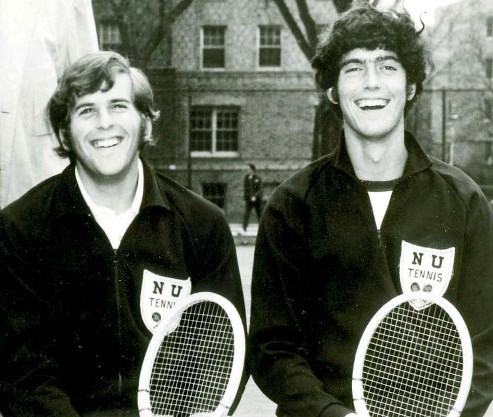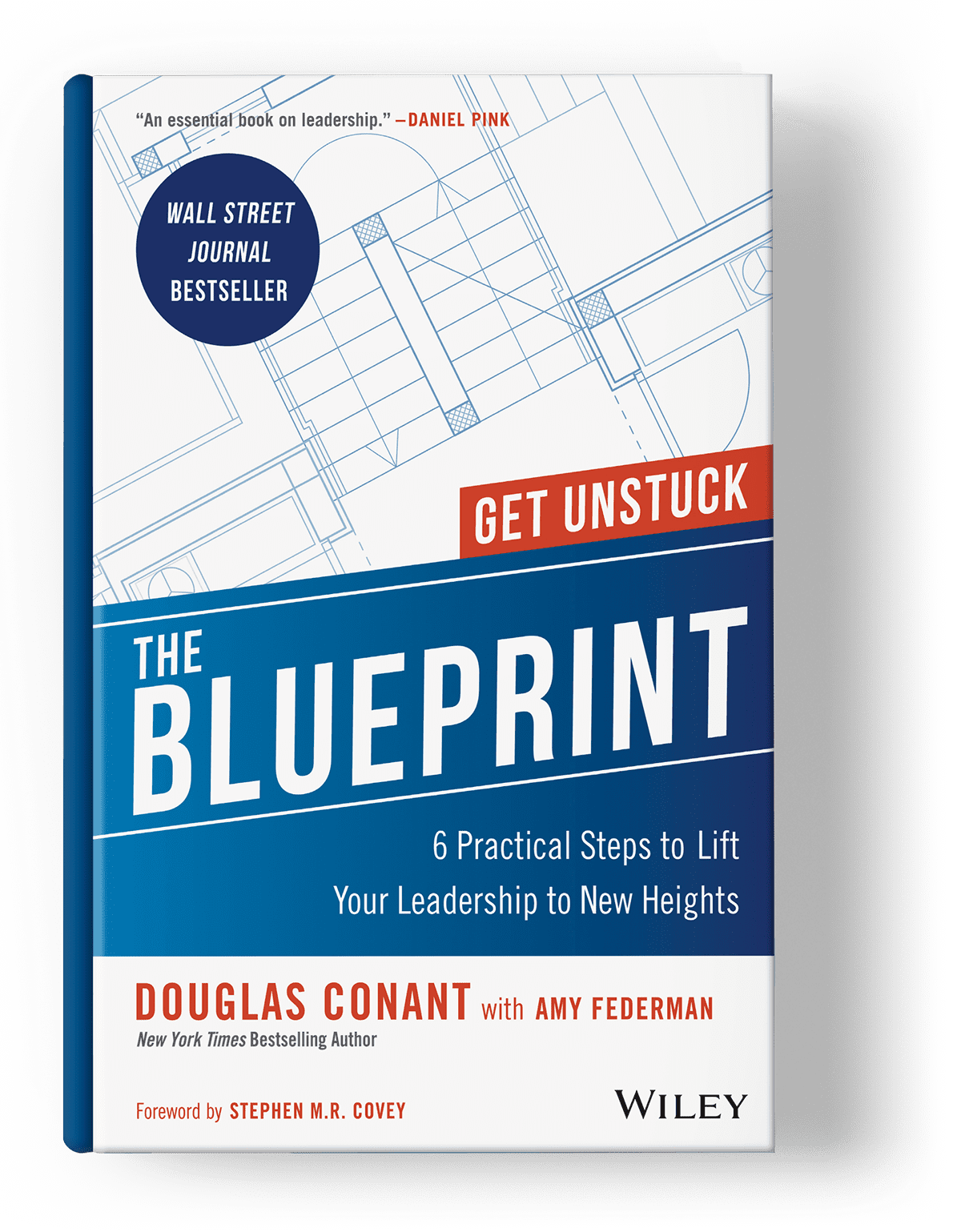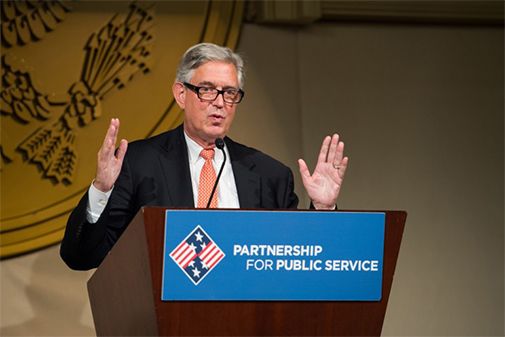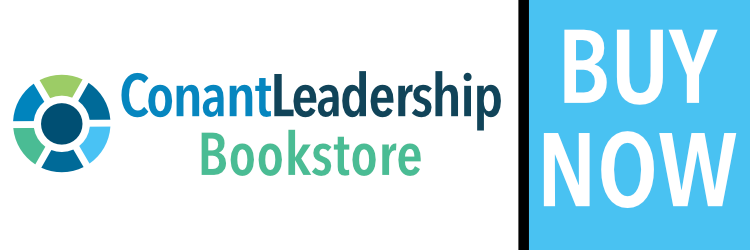13 Life Lessons from the Game of Tennis

With Jon Vegosen (left), Immediate Past President and member of the board of directors of the United States Tennis Association, in our Northwestern University tennis days.
Like everyone, my life has been a series of “ups” and “downs.” Fortunately, the “ups” have outweighed the “downs.” However, the “downs” have been devastating at times. From a career perspective, I have had more than my fair share of poor performance reviews, have been fired abruptly, and in many instances felt as if I was a victim of mediocre-at-best corporate management and leadership. As a leader, I’ve had to make quite a few unpopular decisions which were, in my opinion, for the good of the enterprise but could easily be questioned. And, at times, I have just plain screwed up . . . making decisions that I deeply regret in hindsight. From a more personal perspective, like everyone else, I’ve had to deal with difficult family situations where the “right answer” has never been obvious. I’ve also had to deal with very serious medical issues both for myself and my loved ones. And the list goes on . . .
Fortunately, the “ups” have been ever-present. I am blessed with an amazing wife of 36 years, an equally amazing family, and a collection of wonderful friends and colleagues. I have had the opportunity to successfully realize my career ambitions as a Fortune 500 CEO and Chairman. I continue to have the opportunity to help build a better world in partnership with several organizations in the non-profit space. I’ve been able to write the book I always wanted to write and help start the school I always wanted to start. I’ve been able to create a platform with ConantLeadership that is proudly championing leadership that works in the 21st century in a most personal and altruistic fashion. Through it all, I have been buoyed by a steadfast faith that has helped me get through the rough patches. All in all, the “ups” have clearly outweighed the “downs.”
Now, at the age of 63, I find myself reflecting on the lessons from my youth.
Now, at the age of 63, I find myself reflecting on the lessons from my youth that have helped guide me through the stormy seas of everyday life. Interestingly, I have found that my experience with the game of tennis, of all things, has had a remarkable impact on my broader life journey.
For context, I started earnestly playing the game of tennis relatively late in my youth and had a modestly good run. After being cut from my freshman high school team, I went on to become a highly ranked player in the Midwest and was ultimately recruited to attend Northwestern University on tennis scholarship to play for the well-known tennis coach, Clare Riessen. I started all four years at Northwestern, and in my last two years I played 2nd singles and 1st doubles. Over the four years, I achieved a winning record against a challenging schedule. After graduating, I stayed at Northwestern to attend the Kellogg School of Business to get my MBA and to help Coach Riessen as an assistant coach. During these years, when I wasn’t studying for school or coaching tennis, I was teaching tennis in a variety of venues in and around the Chicagoland area, as well as being head counselor at the New England Tennis Camp in Groton, Massachusetts.
Through it all, I practiced the game for thousands of hours, played hundreds of competitive matches, and had the opportunity to teach tennis to a countless number of people. In the process, I learned a lot about what it takes to be a competitive player, an impactful coach, and an effective teacher. But I also learned pivotal lessons that became profoundly helpful to my life journey. Listed below are a “baker’s dozen” life lessons from the game of tennis that I heartily commend to you. Enjoy!
1. FOLLOW YOUR PASSION:
In the spring of 1966, I was cut during tryouts from the “freshman only” boys’ tennis team, which meant 20 freshman boys (including most of my friends) were chosen ahead of me. It would have been easy to give up but I dedicated myself to following my passion for the sport and spent hundreds of hours practicing alone by hitting balls against whatever wall in the neighborhood was available. By the next year, my competitive profile began to improve and I became one of the better junior players in the Midwest. I learned that passionately pouring yourself into a cause could yield substantial returns.
2. TOLSTOY WAS RIGHT . . . HAPPINESS IS NOT ABOUT THE OUTWARD THINGS; IT IS ABOUT HOW ONE CHOOSES TO VIEW THEM:
This thought from Tolstoy comes from his novel, Anna Karenina. The essence of the idea is straightforward. In my case, I could have chosen to be so discouraged by the setback with the boys’ freshmen tennis team that I walked away from the sport entirely. Instead, I chose to redouble my efforts and that decision led to a series of experiences with the sport that have been life-shaping. We all have the power of choice in our lives . . . the power to choose our response to any and every situation. I have learned to choose to make the best of every situation.
3. IF IT IS TO BE, IT IS UP TO ME:
I learned the lesson of these 10 two-letter words time and again, both when playing and teaching. I found that I needed to take total responsibility and ownership over my performance profile every day. When playing, particularly singles, I discovered that there was nowhere else to turn but inward when trying to find my way through a difficult match. When teaching, the student was counting on me to provide wise counsel and, again, there was nowhere else to turn. This became an incredibly important lesson in my business career.
4. PRACTICE MAKES PERFECT:
I learned early on that the level of success I achieved in competition was directly proportional to the intensity of practice that I employed before competing. Put another way, it is hard for me to imagine achieving any level of competitive success in an enduring fashion without intense practice and hard work. In that sense, this lesson is all about bringing a fierce resolve and sense of purpose to your work every day . . . knowing that every day is “game day.”
5. BETTER IS BEST:
I learned this lesson both from playing and teaching tennis. I came to view the art of playing and teaching tennis as a craft. As a craft, I learned to think of it in terms of working with a mastery model. I found that my pursuit of mastery would rarely be characterized by exceptional “breakthroughs.” Rather, the key to my success was to be mindful every moment and to try to do a little better every day. In that sense, this is a life lesson that searches for continuous improvement in your performance profile over time, knowing that you can always do better. Of course, “breakthroughs” are always welcome, but they are also hard to count on. This lesson has strongly influenced both my business philosophy over time, as well as the leadership philosophy that I advocate today as it relates to helping to improve the quality of leadership in the 21st century.
6. PLAY TO YOUR STRENGTHs:
In tennis, I found that oftentimes human nature naturally pointed people in the direction of wanting to “fix” their weaknesses. But in my experience, your greatest success lies in finding ways to get maximum leverage of your strengths while endeavoring to smartly manage your weaknesses. This lesson has great power in the area of corporate strategy. The most successful companies typically understand their strengths and maniacally focus on leveraging them to their greatest advantage. I have also found the same principle highly relevant in terms of developing my own leadership profile.
7. CRITICAL THINKING IS CRITICAL:
When playing a match or teaching a lesson, I learned that I constantly needed to critically analyze the situation every moment and make adjustments in order to achieve success. In many ways, this is a lesson of vigilance: the need to be hyper-alert to the world around you in order to craft a winning point, a winning tennis lesson, or a winning proposition in whatever you choose to pursue.
8. CIVILITY MATTERs:
One of the wonderful aspects of tennis is that it promotes civility and the development of good character while also demanding competitive excellence. As a teenager, my temper had the capacity to get away from me. However, the game of tennis challenged me to channel my energy into the next shot, not to project it elsewhere. To me, civility and the development of good character is one of the points of “True North” in tennis. And, it is unmistakably one of the points of “True North” in life as well.
9. CHARACTER MATTERS AND PERFORMANCE COUNTs:
In tennis, good character matters, especially when it is fully leveraged with great competence. Only then does your performance have the potential to be meaningfully differentiating both on and off the court. In other words, to truly excel in the sport over time, you need to cultivate both your character and your competence to be able to break through in an enduring way. The life of Arthur Ashe is the incarnate example of this lesson in the world of tennis. Ashe worked tirelessly to cultivate his character as well as his competence in tennis . . . leading to exemplary performance on the court, and more importantly, well beyond it. Tennis is a performance sport. You need both character and competence to achieve high performance. The same thing is true in the pursuit of excellence in any field.
10. PRESSURE IS A PRIVILEGE:
These words come from the title of a book written by Billie Jean King. To me, they speak to the need for competitors to have a mindset that delights in being “in the arena” and having the opportunity to do something special. In both my tennis and work life, I talk about having the “eye of the tiger” when things become difficult, rising to the challenge of the moment, and finding a way to prevail with integrity. In those moments, you can feel fully alive. In that sense, having the opportunity to perform under pressure is indeed a privilege.
11. HOW CAN I HELP?:
This lesson has probably been the most profound lesson of my life journey. When teaching tennis lessons, I typically had a half hour to create a special learning experience for the student. Over thousands of lessons, I learned that if I genuinely approached each lesson with a “how can I help?” mentality, everything flowed in a natural and productive way. To this day, I endeavor to bring that mindset to every interaction.
12. SEEK FIRST TO UNDERSTAND:
While I learned these exact words from Stephen Covey, I first encountered the wisdom of this lesson when I was teaching tennis. This concept is highly aligned with bringing a “how can I help?” mentality to every interaction but it is so important that I tend to call it out separately. I have found that, in order to be truly helpful, I must first carefully listen to the perspective of the people with whom I’m working at the time. If they feel fully heard, and I work with them to achieve excellence in a way that addresses their concerns, we can usually move things forward in a meaningful way . . . and they look forward to working with me the next time.
The more I give, the more I get.
13. HAVE FUN:
Finally, the people who have the most success both on and off the court are people who derive genuine joy from their journey. It is hard for me to imagine someone pouring themselves into their craft without having some fun along the way. The demands are too great — you simply must find a way to enjoy the ride. If you can’t enjoy the ride, you should pick another path. Life is too short.
And, The Beat Goes On . . .
These lessons from the game of tennis have become foundational in all aspects of my life. In the spirit of “how can I help?” I’ve looked for ways to give back to a game that has given so much to me. I’ve been a long term supporter of the Northwestern Tennis program, a member of and a major contributor to the International Tennis Hall Of Fame, a contributor to and member of the Intercollegiate Tennis Hall of Fame, a supporter of the Harlem Junior Tennis and Education Program, a passionate supporter of the Arthur Ashe Learning Center, a supporter of the Legacy Youth Tennis program in Philadelphia, and a supporter of several United States Tennis Association initiatives.
Interestingly, I have found that the more I give back to tennis, the more I get from it in terms of learning, growth and personal fulfillment. Put another way: the more I give, the more I get. I guess that could be life lesson #14. Clearly, the lessons keep coming. How cool is that!
Learn more leadership life lessons from Doug Conant
Take the first step towards fundamentally lifting the trajectory of your leadership. The BLUEPRINT Boot Camp will challenge and enlighten you as you explore thought-provoking questions and unearth career-altering insights.
Emerge from this boot camp armed with all the tools needed to continue to develop your leadership model throughout the course of your career. An enlightening pre- and post-program curriculum of correspondence, interaction, reading, and collaborative group work provide an ongoing leadership learning experience like no other.

“Doug Conant is remarkable—and so is this work.“
– Stephen M. R. Covey
Author of The Speed of Trust

The Blueprint
6 Practical Steps to Lift Your Leadership to New Heights
By Douglas Conant with Amy Federman

Have Doug Speak at Your Event
Doug works collaboratively with event organizers to customize his material for each audience.



0 Comments